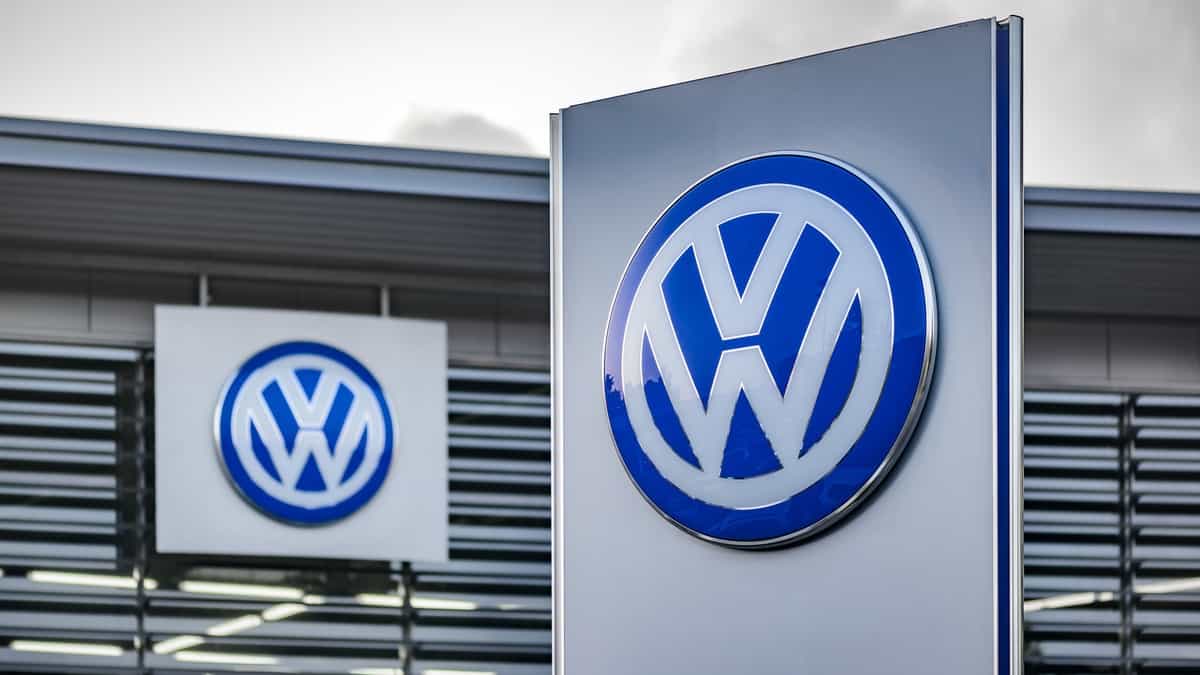Indian legacy automaker Mahindra & Mahindra tapped German auto giant Volkswagen to secure access to its key electric components for the upcoming INGLO platform on Friday, February 16.
Supply agreement
According to the press release, the supply agreement will enable Mahinda to use the electric components and unified battery cells of Volkswagen’s open electric vehicle platform, MEB.
The Indian automaker primarily aims to integrate VW’s technology for its upcoming purpose-built electric platform INGLO.
This new supply agreement strengthens the already existing partnership between the two major players that emerged in 2022.
It will also make Mahindra the first external partner to access Volkswagen’s cutting-edge unified cell concept, which marks the German brand’s battery strategy.
The deal will be effective for “several years” until it reaches approximately 50 GWh total volume over its lifetime.
Volkswagen aims to supply key components for up to one million Mahindra electric vehicles by 2030, News Bytes reported.
VW’s unified cell concept to cut battery costs by half
Mahindra’s access to the unified prismatic cell concept developed by Volkswagen will enable it to standardize battery modules throughout different vehicle platforms.
It essentially optimizes production processes to enable improved flexibility and scalability. VW boasts that the unified cell concept will halve battery costs and boost production efficiency.
It is also worth noting that the unified cell is compatible with solid-state battery technology, which the German automaker expects to be ready for mass production by 2025.
Mahindra’s upcoming EVs
Mahindra aims to have its planned five battery-electric SUV models to ride on its purpose-built electric platform INGLO starting in December this year under two separate sub-brands: XUV and BE.
These models include BE.05, BE.07, BE.09, XUV.e8, and XUV.e9, with the inaugural INGLO-based electric vehicle model due before the year ends.
The XUV.e8 is highly likely the first model to debut, considering that it has already been appearing publicly for testing purposes.

